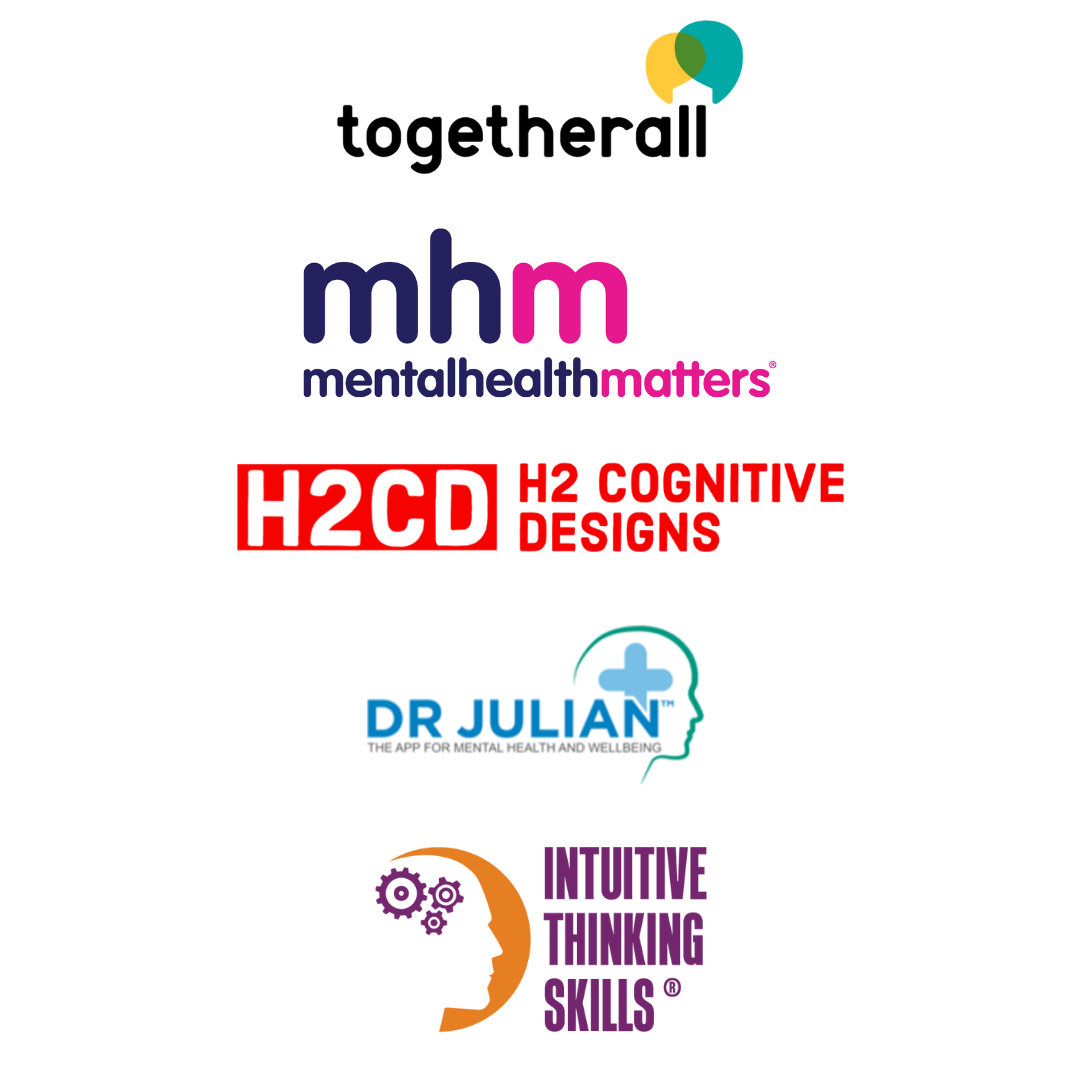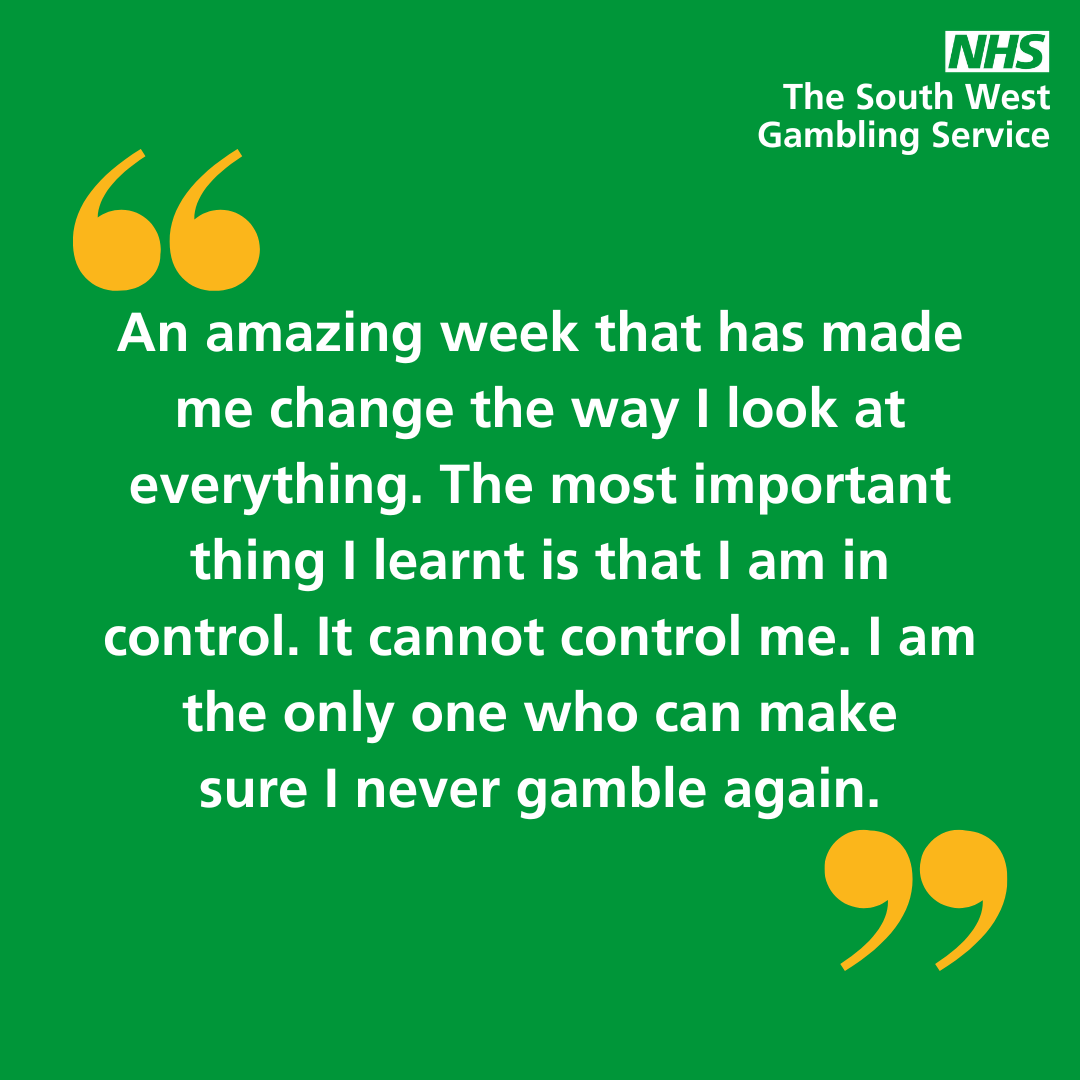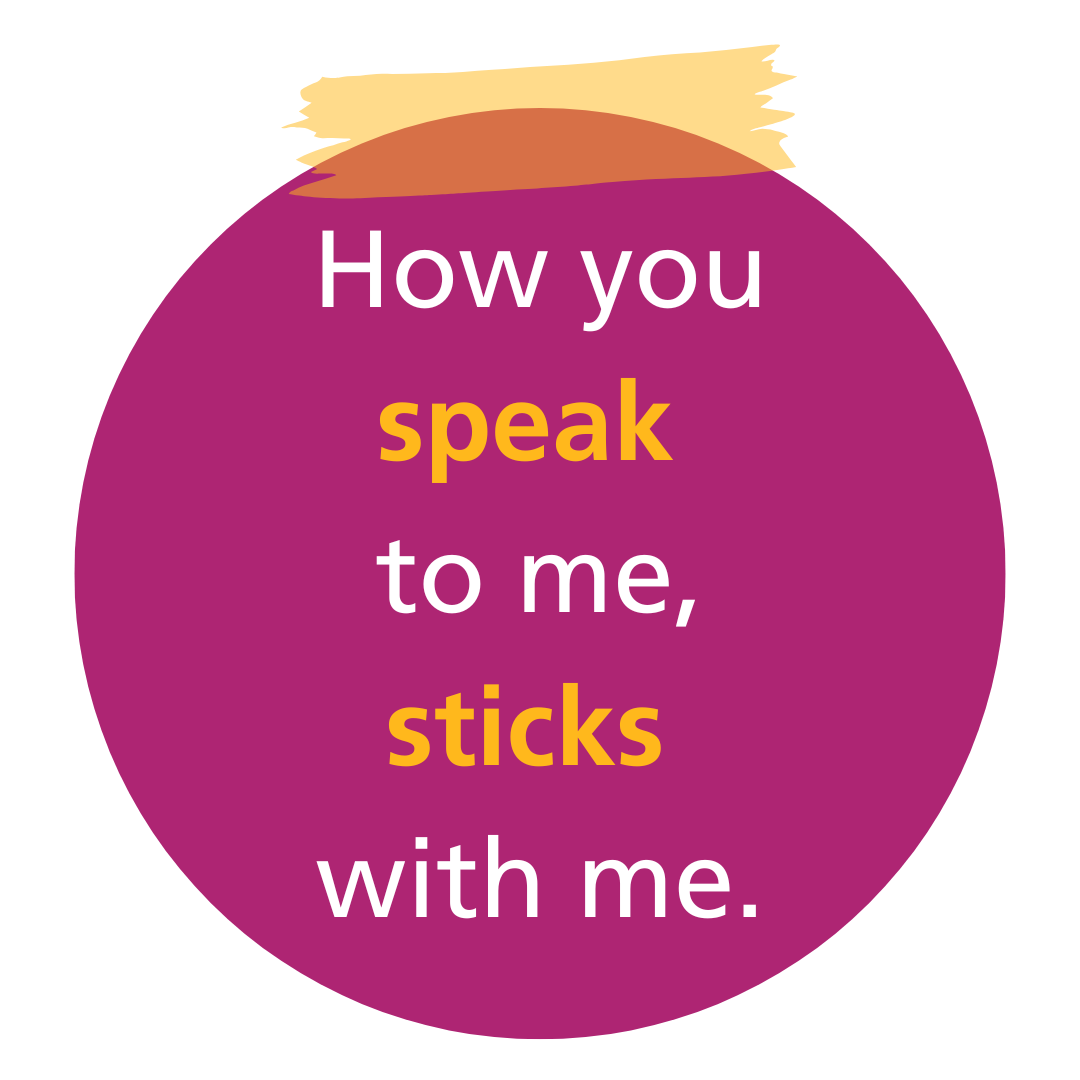The South West Gambling Service is for people living in the South West and it provides FREE confidential support to people affected by gambling addiction.
If you are registered with a GP in the South West and would like support to stop gambling then please get in contact with us.
You can refer yourself directly to the service either by calling 0330 022 3175 Monday to Friday, 9am-7pm or you can self-refer by our online form here.
Please note that it may take up to 48 hours for us to contact you after we have received your referral information. If you are in need of urgent help, please click here.
 0330 022 3175
0330 022 3175

About us
The South West Gambling is a team of caring and compassionate clinicians who provide specialist therapies to people affected by gambling addiction. Our team are passionate about helping people recover and we provide the most evidence based interventions.
The South West Gambling Service offers Cognitive Behavioural Therapy, group sessions, virtual sessions over the telephone.
What you can expect from us
If you are experiencing problems due to gambling, then you can get in touch via phone. Our service is for anyone living in the South West of England. Once you have referred yourself, we will contact you via phone to organise an assessment with one of our team and use this to plan your treatment. If we are unable to contact you via phone, we will be in touch via email with your appointment.
We offer a range of support, including recovery courses for gambling, cognitive behaviour therapy, support for affected family members and access to an online community.
Please note that it is standard practice to copy letters and other correspondence to your GP. If you have any concerns about this please do not hesitate to contact us on 0330 022 3175.
How to access support
To access the service you must be aged 18 and over and be a resident in the South West.
You will be able to refer yourself directly to the Gambling Service by phoning 0330 022 3175 Monday to Friday, 9am-7pm or by completing our online referral form here.
Once you have contacted us, you will be given information about how to complete our online assessment and once this is done we will contact you to arrange an initial appointment.
Please note that we are not a crisis service.
Your first assessment with the South West Gambling Service
We know that you may feel worried or anxious before joining your first appointment so here is Dr Hannah Long to talk you through what you can expect from us.
What is Cognitive Behavioural Therapy?
Cognitive Behavioural Therapy (CBT) is an approach that helps us recognise the thoughts and behaviours that contribute to gambling. Using CBT to help us create distance from our thoughts, allows us to change how we feel for the better, and this is what your CBT Therapist will help you to do.
Much of the time you are probably aware that gambling is not the solution to your problems. But often thoughts come in to our minds that suggest the opposite or give us permission to gamble, such as “It will be different today”, “I feel lucky today so I should play”, or “I will never be able to stop gambling”. What we think and what we do affects how we feel. If we are able to recognise these thoughts and distance ourselves from them then we can change what we do and how we feel. We can all develop patterns of thoughts and behaviours that are unhelpful; after all we’re only human.
Our CBT programme is provided in a group which is led by our therapists. The programme lasts for ten weekly sessions and will provide you with the information and tools to help you stop gambling. Sometimes people find the idea of joining a group difficult at first, but we will support you during the therapy and meeting others who gamble can be very beneficial in helping you to realise you are not alone with your difficulties. Our groups are provided online using Microsoft Teams (we can support you to set this up if you need help).
Families and Carers
The effects of gambling are not limited to the person who is gambling, families and carers can also be affected in a range of ways.
The team are keen to understand your experiences and can help you access local carers support.
You are not alone...
Over half the population in the UK takes part in some form of gambling activity. For some people, this can be an enjoyable activity. For others, gambling can harm their physical and mental health, relationships, performance at work or study, get them into trouble with the law and leave them in serious debt and possible homelessness.
Unfortunately, gambling disorder is also linked to increased risk of other mental health conditions, and suicidality. Family, friends and work colleagues can be affected by problem gambling too.
Based on 2018 data and depending on which part of the country you live in, Public Health England estimates that about 1 in a 100 people in the UK can be considered as a problem gambler, and that a further 4 in a 100 people are classified as at-risk gamblers, meaning they may experience some level of negative consequences due to their gambling. Other research has shown that rates of gambling disorder and at-risk gambling are much higher than these figures, when considering particular parts of the population and vulnerable groups.
Our Partners










